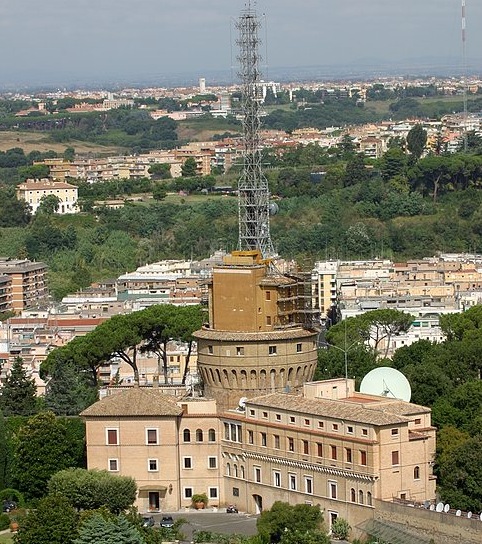Many thanks to SWLing Post contributor, David Iurescia (LW4DAF), who shares the following news via Zenit.org:
“The Brazilian program of Vatican Radio-Vatican News resumes its short-wave transmissions in the Amazon region,” announced the portal of Vatican News in Brazilian today, Monday, July 15, 2019, given the proximity of the holding of the Synod for Amazonia (October 6-27, on the theme: “New Ways for the Church and For An Integral Ecology.”
“For over 61 years, Brazil has been listening to the Pope’s voice through Vatican Radio. On August 1, after a period of absence, the Brazilian program of the papal station will return to Amazonia in short wave,” announced the same source.
And it adds: “Thus Vatican Radio-Vatican News shows its attention to an important region of Brazil, for which the radio is its main means of communication. The Pope’s voice will be listened to again on radio by more than 25 million people, who live in this lung of the planet. The decision to broadcast in short wave responds to the geographic reality of Amazonia.”
Vatican News recalls: “Created in March of 1958, twenty-seven years after the foundation of Vatican Radio, on February 12, 1931, the Brazilian program has followed seven pontificates, from Pius XII to Francis. At present, the Brazilians of Vatican Radio-Vatican News offer a wide gamut of daily programs in a multi-media style through different platforms: radio, Web and social networks.”
It also recalled: “On the occasion of the 50th anniversary, in March 2008, Benedict XVI expressed his gratitude to the said program for the inestimable service of proclaiming the Gospel and promoting communion between the Church and the people of Brazil.”


Brazilian Portuguese is not identical to the Portuguese spoken in Portugal. For one thing, it is spoken a lot faster. The difference can be likened to the difference between British and American English. But it should indeed still be called Portuguese rather than Brazilian.
Funny how this article avoids the word “Portuguese.”